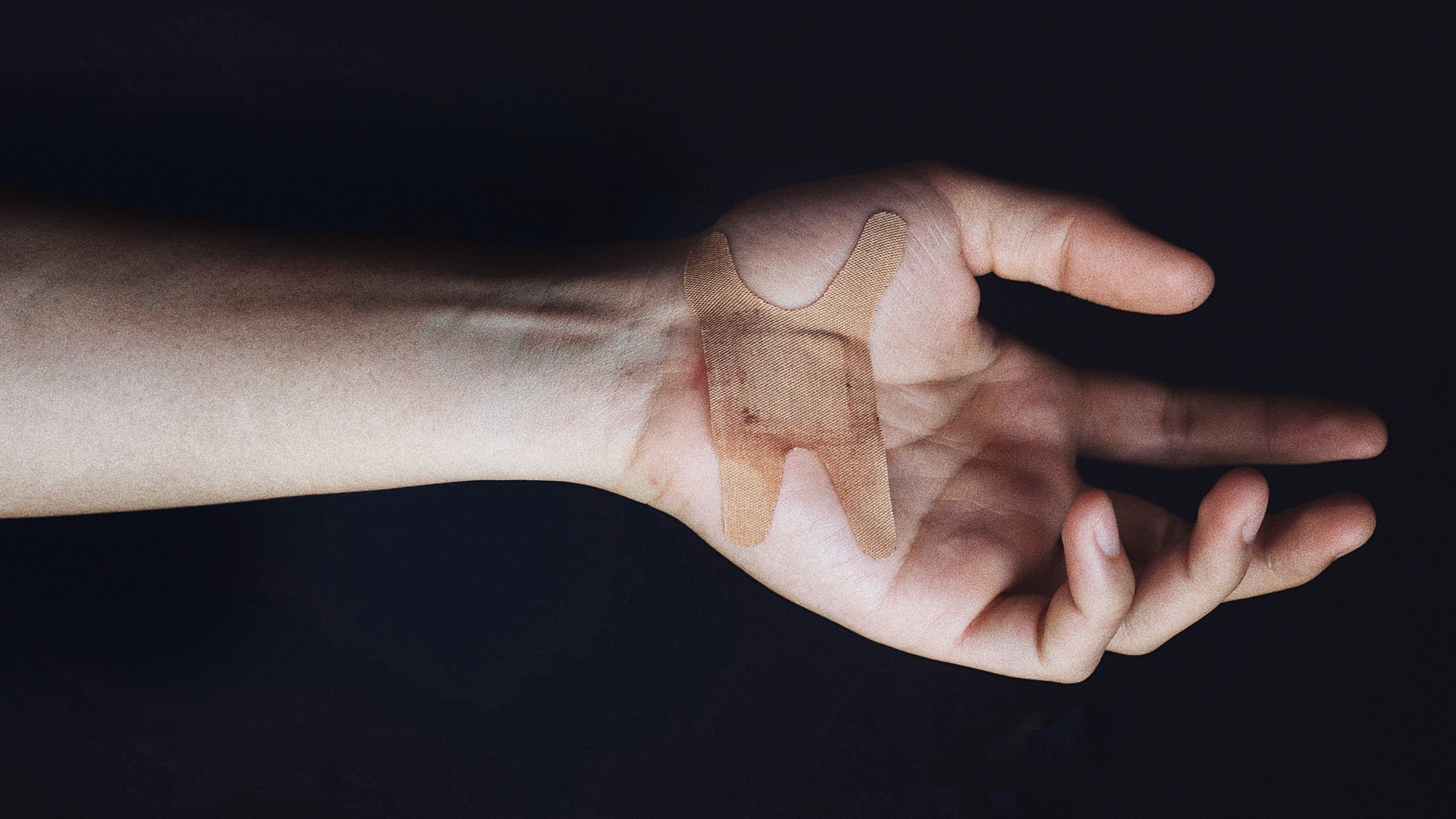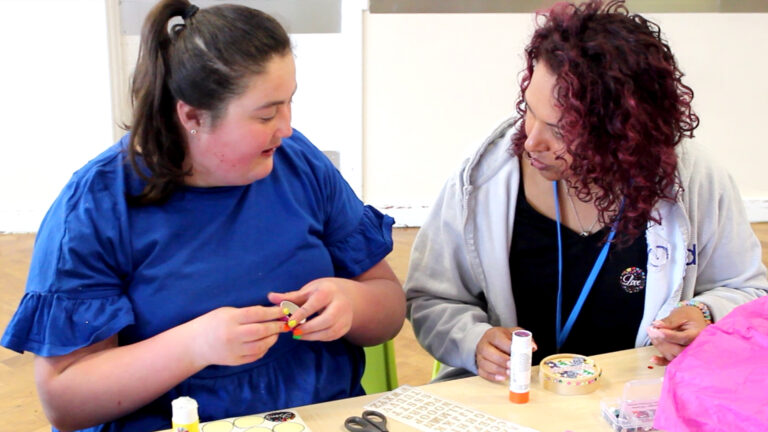Low self-esteem amongst young people can trigger a plethora of related issues, including self-harm and suicide. Whilst a study conducted on Pubertal maturation and adolescent self-esteem showed that self-esteem is not necessarily linked with age, it did reveal that females were more likely to suffer with low self-esteem than their male counterparts.
Going through puberty may not necessarily result in low self-esteem, but significant changes of one’s body, may result in many teens struggling with their new ‘body image’. Body image is how someone feels about his or her own physical appearance.
According to the Dove Self-Esteem Project, “8 out of 10 girls, globally, admit to opting out of important everyday activities, such as engaging with friends or loved ones, because of concern about their looks.”
The NHS state that “low self-esteem often begins in childhood. Our teachers, friends, siblings, parents, and even the media send us positive and negative messages about ourselves. Stress and difficult life events, such as serious illness or a bereavement, can have a negative effect on self-esteem.”
Links with anxiety and depression
Having low self-esteem has been linked to both anxiety and depression, but if left unchecked, can also lead to substance abuse and self-harming.
Children from disadvantaged backgrounds are more likely to suffer with low self-esteem and the negative effects this has. We have seen this first hand at The Gifted. Focused on the delivery of self-esteem workshops to disadvantaged young people in schools across Hertfordshire, Essex and North London, we have found that 25% of girls who attend our in-person Butterfly Project have struggled with self-harming behaviours.
The Self-Harm Cycle
The Mental Health Foundation have summarised the self-harm cycle in the following way. “Self-harm usually starts as a way to relieve the build-up of pressure from distressing thoughts and feelings. This might give temporary relief from the emotional pain the person is feeling. It’s important to know that this relief is only temporary because the underlying reasons still remain. Soon after, feelings of guilt and shame might follow, which can continue the cycle.”
A report written by The Royal College of Psychiatrists said that “There is strong evidence to show that the risk of suicide among those who have self‐harmed is much greater than that of the general population, as is the risk of premature death. Almost half of the general population and over half of the young people who end their life by suicide, have previously harmed themselves.”
A study led by Josh Nepon found that “among individuals reporting a lifetime history of suicide attempt, over 70% had an anxiety disorder.” The report concluded that “Anxiety disorders, especially panic disorder and PTSD, are independently associated with suicide attempts. Clinicians need to assess suicidal behaviour among patients presenting with anxiety problems.”
Tackle self-harm and suicide amongst teenagers
At The Gifted, we believe that suicide is preventable. By reducing anxiety and depression caused by low self-esteem, the likeliness of self-harming and attempted suicide will therefore also be reduced.
We have developed an online course to address low self-esteem across six sessions. Our Digital Butterfly Project demonstrates practical ways that young people can tackle low self-esteem and raise their aspirations.
These sessions take young women on a journey of self-discovery in confidence, self-esteem, resilience, identity and aspirations. The course ends with practical next steps, so that young people can continue and build on this journey.
Tackle self-harm and suicide by raising self-esteem
This course is free and unlimited. Do you know anyone who could benefit?
If you know someone who would benefit from our Digital Butterfly Project, or you are in touch with someone who works with vulnerable Young People, please encourage them to sign up here.
Article Sources:
- Pubertal maturation and adolescent self-esteem – https://www.sciencedirect.com/science/article/abs/pii/0197007088902501
- School workshops on body image: Confident Me – https://www.dove.com/uk/dove-self-esteem-project/school-workshops-on-body-image-confident-me.html
- Raising low self-esteem – https://www.nhs.uk/mental-health/self-help/tips-and-support/raise-low-self-esteem/
- The Truth About Self-Harm – https://www.mentalhealth.org.uk/explore-mental-health/publications/truth-about-self-harm
- Self-Harm & Suicide in Adults – https://www.rcpsych.ac.uk/docs/default-source/improving-care/better-mh-policy/college-reports/college-report-cr229-self-harm-and-suicide.pdf?sfvrsn=b6fdf395_10
- The Relationship Between Anxiety Disorders and Suicide Attempts – https://www.ncbi.nlm.nih.gov/pmc/articles/PMC2940247/






thanks for info.